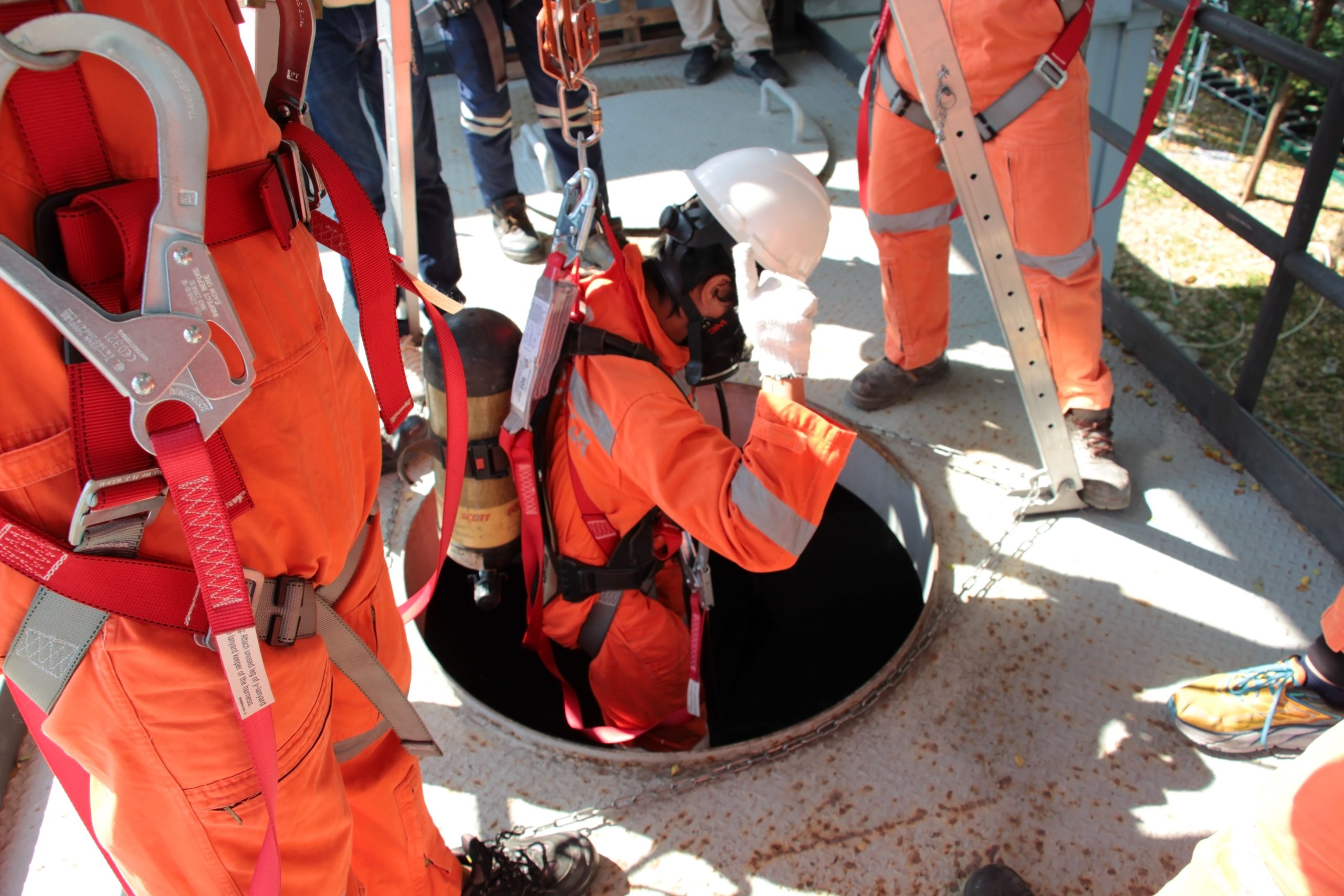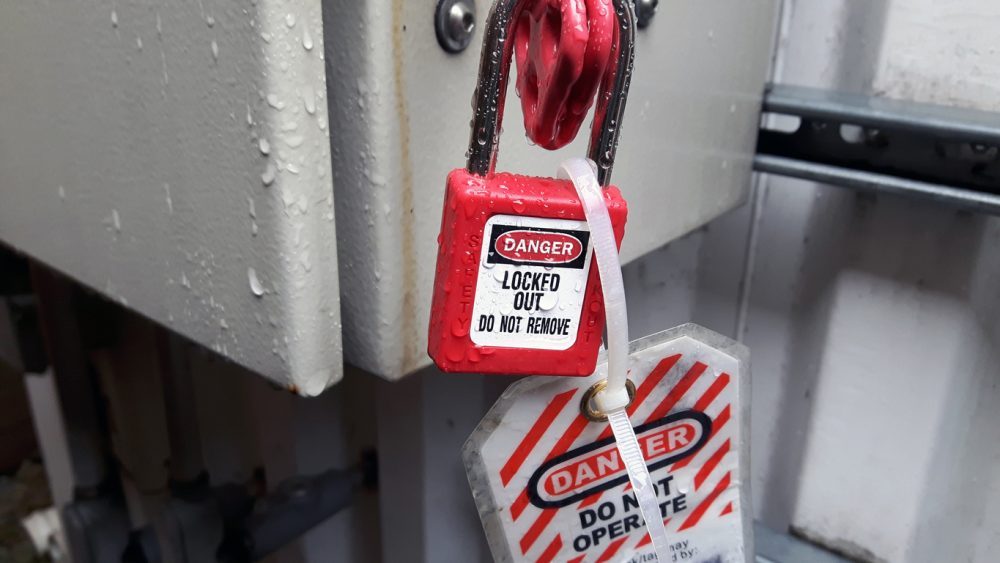OSHA Guidance On Disciplinary Programs
If your company is still trying to figure out how its discipline and incentive programs will be affected by OSHA’s new recordkeeping rule, you’re not alone. Thankfully, OSHA has heard the rumblings loud and clear, and provided clarification in the form of real world scenarios and guidance for what constitutes a violation, and what does not.
The rule to Improve Tracking of Workplace Injuries & Illness includes three anti-retaliation provisions: post-incident drug testing, disciplinary programs, and incentive programs.
Enforcement of the post-incident drug testing provision has been delayed until December 1, 2016. You can read more about that on this post, which includes OSHA’s scenarios and guidance to help ensure your drug testing policies are in line with the rule.
A clarification on incentive programs will be discussed in next month’s blog.
Clarification On Injury Tracking and Use of Disciplinary Programs
This statement comes directly from OSHA; read more here.
“The rule does not ban appropriate disciplinary, incentive, or drug-testing programs as described below.
However, it allows OSHA to issue citations for retaliatory actions against workers when these programs are used to discourage workers from exercising their right to report workplace injuries and illnesses. Employers should review their reporting procedures, programs, and policies for elements that may result in retaliatory actions against an employee for reporting an injury or illness.”
Disciplinary Programs
This information comes directly from OSHA; read more here.
“The rule does not prohibit disciplinary programs. However, employers must not use disciplinary action, or the threat of disciplinary action, to retaliate against an employee for reporting an injury or illness.
The rule prohibits disciplining employees simply because they report work-related injuries or illnesses without regard to the circumstances of the injuries or illnesses, such as automatically suspending workers who report an injury or assigning them points that have future employment consequences. The rule also prohibits disciplining an employee who reports a work-related injury or illness under the pretext that the employee violated a work rule if the real reason for the discipline was the injury or illness report.
A legitimate workplace safety program should treat all workers who violate rules in an equivalent manner, regardless of whether or not the violation resulted in the worker reporting an injury or illness.
Below are example scenarios of disciplinary programs and how the new rule may be interpreted to apply:
Scenario 1: Employee X is injured when he is stung by a bee at work, and he reports the injury to Employer. Employer disciplines Employee X for violating a work rule requiring employees to “maintain situational awareness.” Employer only enforces the rule when employees get hurt.
Question: Did Employer violate 1904.35(b)(1)(iv) by disciplining Employee X for reporting a bee sting injury?
Answer: Yes. This is an example of a pretextual disciplinary action, which is prohibited. In this case, although Employer ostensibly disciplined Employee X for violating a work rule, Employer only enforced the work rule after a work-related injury or illness report, which indicates that the real reason for the discipline was the reported injury, not the rule violation. Such vague work rules are particularly susceptible to being enforced disproportionately against employees who report work-related injuries or illnesses because they do not require or proscribe specific conduct.
Scenario 2: Employee X reports a hand injury that she sustained while operating a saw after bypassing the guard on the saw, contrary to the employer’s work rule. Employee X’s hand injury required her to miss work for two days. Employer disciplined Employee X for bypassing the guard contrary to its instructions. Employer regularly monitors its workforce for safety rule violations and disciplines employees who bypass machine guards regardless of whether they report injuries.
Question: Did Employer violate 1904.35(b)(1)(iv) when it disciplined Employee X?
Answer: No. Section 1904.35(b)(1)(iv) does not prohibit employers from disciplining employees who violate legitimate workplace safety rules as long as the rules are not used as a pretext for retaliating against employees who report work-related injuries or illnesses. On the contrary, OSHA encourages employers to implement workplace safety rules, train employees on those rules, and take consistent, appropriate action when employees violate them regardless of whether the employees violating the rules reported injuries.
Scenario 3: Employee X twists his ankle at work but does not immediately realize that he is injured because his ankle is not sore or swollen, and therefore he does not report the injury to Employer. The next morning, Employee X’s ankle is sore and swollen, and he realizes he has the kind of injury he is required to report to Employer. He reports the injury to the employer that day. Employer disciplines Employee X for failing to report his injury “immediately” as required by Employer’s X’s injury reporting rules.
Question: Did Employer violate 1904.35(b)(1)(iv) by disciplining Employee X for failing to report his injury immediately even though Employee X did not immediately realize he was injured?
Answer: Yes. Employer’s rigid prompt reporting requirement would violate section 1904.35(b)(1)(i) because it fails to account for injuries that build up over time. In addition, taking adverse action against an employee under such a policy as described in this example would also constitute a pretextual disciplinary action, which is prohibited under section 1904.35(b)(1)(iv). In this case, although Employer ostensibly took the adverse action because Employee X violated a work rule, the work rule was not reasonable and therefore does not constitute a legitimate business reason for taking adverse action against an employee who reports a work-related injury or illness. Although employers may require employees to report as soon as practicable after realizing they have a work-related injury or illness, it is not practicable for an employee to report an injury that has not yet manifested.
Scenario 4: Employee X twists her ankle at work but does not immediately realize that she is injured because her ankle is not painful or swollen, and therefore she does not report the injury to Employer. The next morning, Employee X’s ankle is painful and swollen and she realizes it is the kind of injury she is required to report to Employer as soon as practicable. However, Employee X does not report the injury after this realization, although she easily could have, and instead reports it several weeks later. Employer disciplines Employee X for failing to report her injury as soon as practicable after realizing she has the kind of injury she is required to report.
Question: Did Employer violate 1904.35(b)(1)(iv) by disciplining Employee X for failing to report a work-related injury or illness as soon as practicable after realizing she had a work-related injury?
Answer: No. OSHA recognizes that employers have a legitimate business interest in learning about employee injuries close in time to when they occur or become manifest. Employers may require employees to report work-related injuries or illnesses as soon as practicable after they realize they have a work-related injury serious enough to report. Note: a reporting procedure that requires employees to report as soon as practicable after they realize they have the kind of injury or illness they are required to report is reasonable and therefore would also not violate section 1904.35(b)(1)(i).”
Optimum Safety Management Safety Consulting Services Can Help Review And Update Your Programs
Some changes may still need to be made to existing programs, though perhaps not as drastic as we originally thought. We feel like the guidance provided by OSHA is promising and will help employers properly interpret and implement the anti-retaliation provisions of OSHA’s recordkeeping rule.
An OSHA safety consultant, Optimum Safety Management can help you review and update your disciplinary programs to ensure they align with OSHA requirements. Contact us at 630-759-9908 for a consultation.







